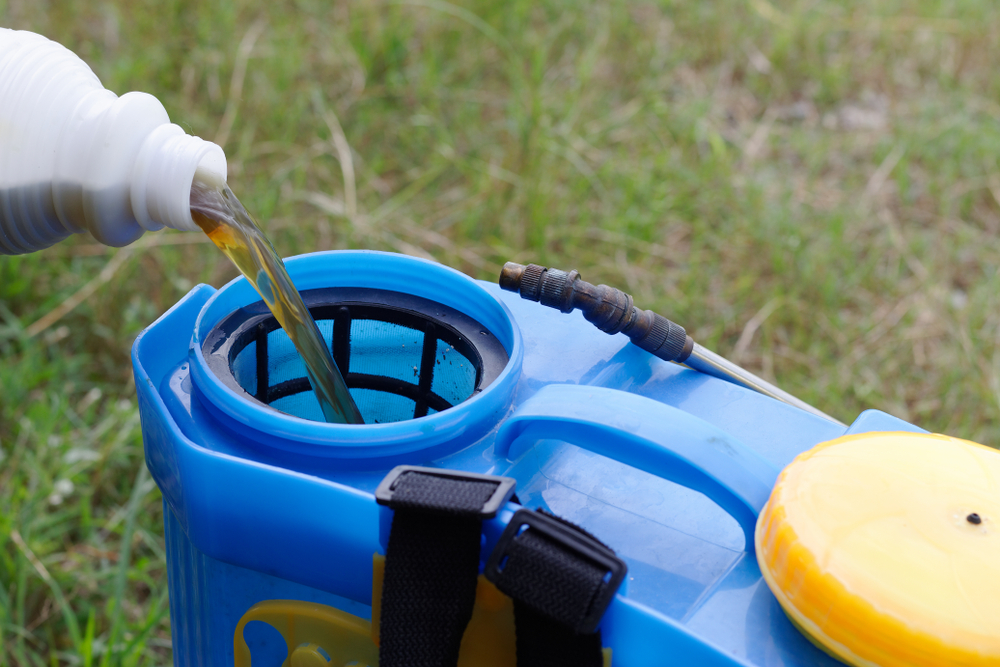Use of the deadly herbicide, paraquat, is on the rise in the United States, despite the fact that it has been banned in the European Union and other countries, like Saudi Arabia and Indonesia. How dangerous is paraquat? The chemical is so lethal that it requires a license to mix it or spread it.
A single sip can be fatal to a human—yet it is sprayed on the food we eat. A factor in the increased use of the chemical is that many weeds are becoming resistant to the world’s most widely-used herbicide, Bayer/Monsanto’s Roundup. Roundup, which has been linked to certain cancers, has been the subject of many lawsuits and multimillion dollar verdicts.
But it’s not like paraquat is a safer alternative to Roundup, a growing mountain of evidence has linked paraquat exposure to an increased risk of developing Parkinson’s disease. As with Roundup, agricultural workers may have grounds for civil action if exposed to paraquat.
Use of the deadly herbicide, paraquat, is on the rise in the United States, despite the fact that it has been banned in the European Union and other countries, like Saudi Arabia and Indonesia. How dangerous is paraquat? The chemical is so lethal that it requires a license to mix it or spread it.
A single sip can be fatal to a human—yet it is sprayed on the food we eat. A factor in the increased use of the chemical is that many weeds are becoming resistant to the world’s most widely-used herbicide, Bayer/Monsanto’s Roundup. Roundup, which has been linked to certain cancers, has been the subject of many lawsuits and multimillion dollar verdicts.
But it’s not like paraquat is a safer alternative to Roundup, a growing mountain of evidence has linked paraquat exposure to an increased risk of developing Parkinson’s disease. As with Roundup, agricultural workers may have grounds for civil action if exposed to paraquat.






